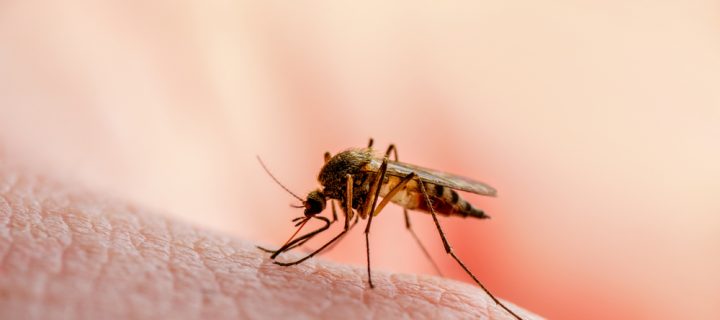Love the warm weather? Cottages, campfires and a bit of a constant buzz-yes, it’s mosquito season and those boys are back in town. Boys and girls. And the girls, as we know, are a-biting.
But is it fair? The return of the winged beast would, perhaps, seem okay if mosquitoes were generally considerate. How? If they knew how to dole out their damage equally; you know, everyone gets ten bites on Wednesdays, three on Thursdays and Fridays are a freebie. But, as we know, the buggers are choosy. According to Joseph Stromberg at Smithsonian.com as high as an estimated 20 percent of people are actually being bitten by mosquitoes more than others, and this on a regular, consistent basis.
The Facts:
But what to do? First of all, take a load off. Let it be heard that if you are one of the dreaded 20 percent this isn’t your fault. Wearing dark colours and eating bananas, while it might be doing something, isn’t what’s driving the biting pests to you in droves. According to Stromberg, something as simple as your body temperature can do it. Mosquitoes find us by using their senses of smell, sight and heat.
Many studies have found that pregnant women, whose body temperature is about 0.3 degrees Celsius higher than normal, can attract about two times as many mosquito bites when compared with the average person.
Other easy targets include larger people, as they exhale more carbon dioxide than normal. And the list goes on. A 2011 study found skin bacteria to do the trick (smelly feet and bites on the ankles), as well as blood type, (in one study, Type O blood got hit up nearly twice as often as Type A, with Type B falling somewhere in the middle,) exercise, (active people expel smelly lactic acid, uric acid and ammonia via their sweat and get bitten more often), and a bottle of beer. Yes, beer. Scientists aren’t quite sure what the correlation is but one study found that a single 12-ounce bottle of beer can make you more susceptible to bites.
And so, if you fall under any of these categories- if you like to move and sweat and drink beer in the backyard or be pregnant- there’s not much you can do but wait for the future.
Some Hope:
Researchers have started looking at why a minority of people are actually rarely bitten by mosquitoes. Using the study of chromatography Scientists at the UK’s Rothamsted Research lab have found that some lucky ducks seem to emit a handful of substances that keep the pests away. Work is being done with the hopes of isolating the chemical mix these people emit and bottling it into the next generation of fancy insect repellents. Until then…
What to Eat:
Chemistry professor Anne Helmenstine recommends eating less salt and potassium in order to hide yourself from mosquitoes. Helmenstine says choosing healthy foods such as blueberries, apples, watermelon, cucumbers, cabbage, and green peppers, over potatoes, prunes, raisins, spinach, bananas, lima beans, and acorn squash, all of which are particularly high in the chemical, might help.
Many believe that taking vitamin B1 can help keep bites to a minimum, but some say it’s an old wives’ tale. There can’t be any harm in trying.
What to Wear:
Light coloured, loose-fitting clothing is always recommended.
Non-scented shower products and mosquito soap might help to reduce your bites.
Sources familiar with life in the Colombian Amazon rain forest swear by a mixture of Nopikex soap, menthol solution and baby oil, applied to the skin.
Other natural repellents include:
-crushed lavender flowers
-cinnamon oil
-thyme oil
-lemon eucalyptus oil
-Greek catnip oil
-soybean oil
-geranium oil
-citronella
Not to drag in the big scare but the dangers of contracting mosquito-borne illnesses are real, and should be respected. While numbers are uncertain in Canada, West Nile virus was reported in 47 states last year and killed a total of 85 people in the U.S.
The Low Down:
Aside from staying indoors, mosquito repellents containing DEET are still your best option for protection. The side effects of DEET in moderate amounts cannot be as bad as the possibilities when contracting West Nile virus.
Cover up with clothing, spray exposed skin and clothes and wash off your repellent as soon as you come indoors.
That chromatography can’t come too soon!
Photo credit: nechaevkon/Shutterstock












